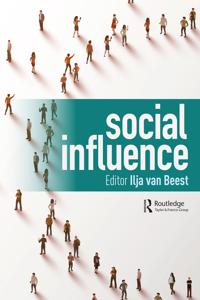A Springer Nature journal has rescinded the acceptance of a paper criticizing the publishing giant’s controversial retraction last year of an article that surveyed parents of children with gender dysphoria, leading an associate editor to resign, Retraction Watch has learned.
According to emails we obtained, the blocked paper was slated to appear as a commentary in a special issue of Springer Nature’s Current Psychology that aimed “to stimulate discussion of all aspects of the ‘unpublication’ of scientific articles.”
“This is the only time I’ve had an accepted paper overruled in 4 years” as an associate editor at this journal, Christopher Ferguson of Stetson University in Florida, one of two guest editors of the special issue, told us by email.
Continue reading Exclusive: Editor resigns after he says publisher blocked criticism of decision to retract paper on gender dysphoria








